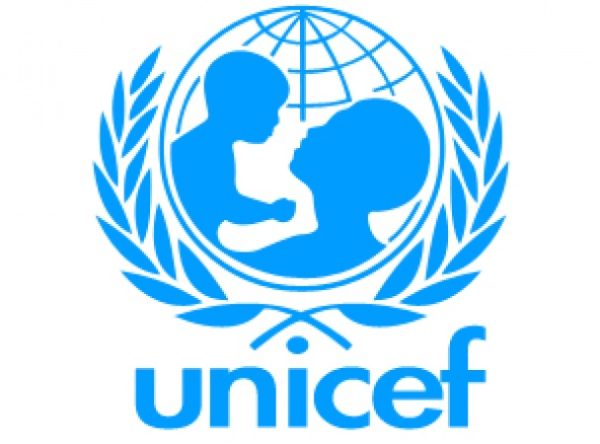The UN Children’s Fund on Friday urged the Nigerian Government to triple its current investment in sanitation and hygiene to enable it meet the Open Defecation Free (ODF) target by 2025.
Dr Jane Bevan, the UNICEF Chief of Water, Sanitation and Hygiene (WASH), made this call at the ongoing two-day Media Dialogue on Open Defecation in Biu, Borno State.
Bevan noted that Nigeria was not on track to end open defecation by 2025, but in 2059 (36 years) at the current rate using linear forecast.
She said that the country could not continue with business as usual.
Bevan, who was represented by Chisom Adimorah, UNICEF WASH Specialist, stressed the need to strengthen and scale up proven strategies to reach the country’s goals.
She said the nation’s current sanitation situation revealed that 48 million people practice open defecation, while 95 million do not have access to basic sanitation services.
“Seventy per cent of schools are without access to basic sanitation services, and 88 per cent of healthcare facilities are without access to basic sanitation, while 80 per cent of markets and motor parks are without access to basic sanitation.
“Nigeria has been one of the top five open defecators in the world for the past 15 years, moving from 5th place in 2003, 2nd place in 2015 and now 1st place in 2023, whereas India eradicated open defecation in 2019,’’ she said.
The UNICEF chief said the menace of open defecation was reflected in existing inequalities between the rich and the poor.
She noted that the poorest families in the nation were 48 times more likely to defecate in the open than their richest counterparts.
According to Bevan, key strategies to reach ODF goals include closing the toilet gaps by supporting households to pay for their latrines, awareness creation and market-based sanitation.
“We target the engagement of the private sector through toilet business owners (TBOs) to sell and build toilets.
“We are also going to provide support for poor households to access funds through microfinance institutions,’’ Bevan said.
The Transitional Chairman, Biu Local Government Area (LGA), Sule Abubakar, said the council had played its part in monitoring and evaluation of ODF communities.
Abubakar said it had also educated the people on the importance of a clean environment, good hygiene, and sustaining the ODF status.
“Biu LG remains appreciative of our partners who have supported our WASH activities for years.
“Evidence of this support includes the drilling, upgrading and renovation of boreholes across Biu LGA in different communities.
“Also the development of water safety plans, construction of WASH facilities in health centres, and construction of toilets in public places, schools, markets, etc.
“They distributed Sato Pans and Sato Stools modernised toilets to households, and supported the local government in passing a bye-law for the sustenance of the ODF status in Biu.
“On our part, the LGA is sensitising our people on the importance of good sanitation and hygiene through a programme aired every Monday on the community radio station”.
Earlier, the team paid a courtesy visit to the Emir of Biu, Umar Mustapha, who commended UNICEF’s efforts in promoting the health and wellbeing of his people.
The traditional ruler noted that the support received from the UN body had major impact in the lives of his population, as many opportunistic infections that occurred were a thing of the past.
Mustapha pledged to sustain the current efforts in partnership with all the district heads to ensure that the gains of the hygiene programme lasted.


